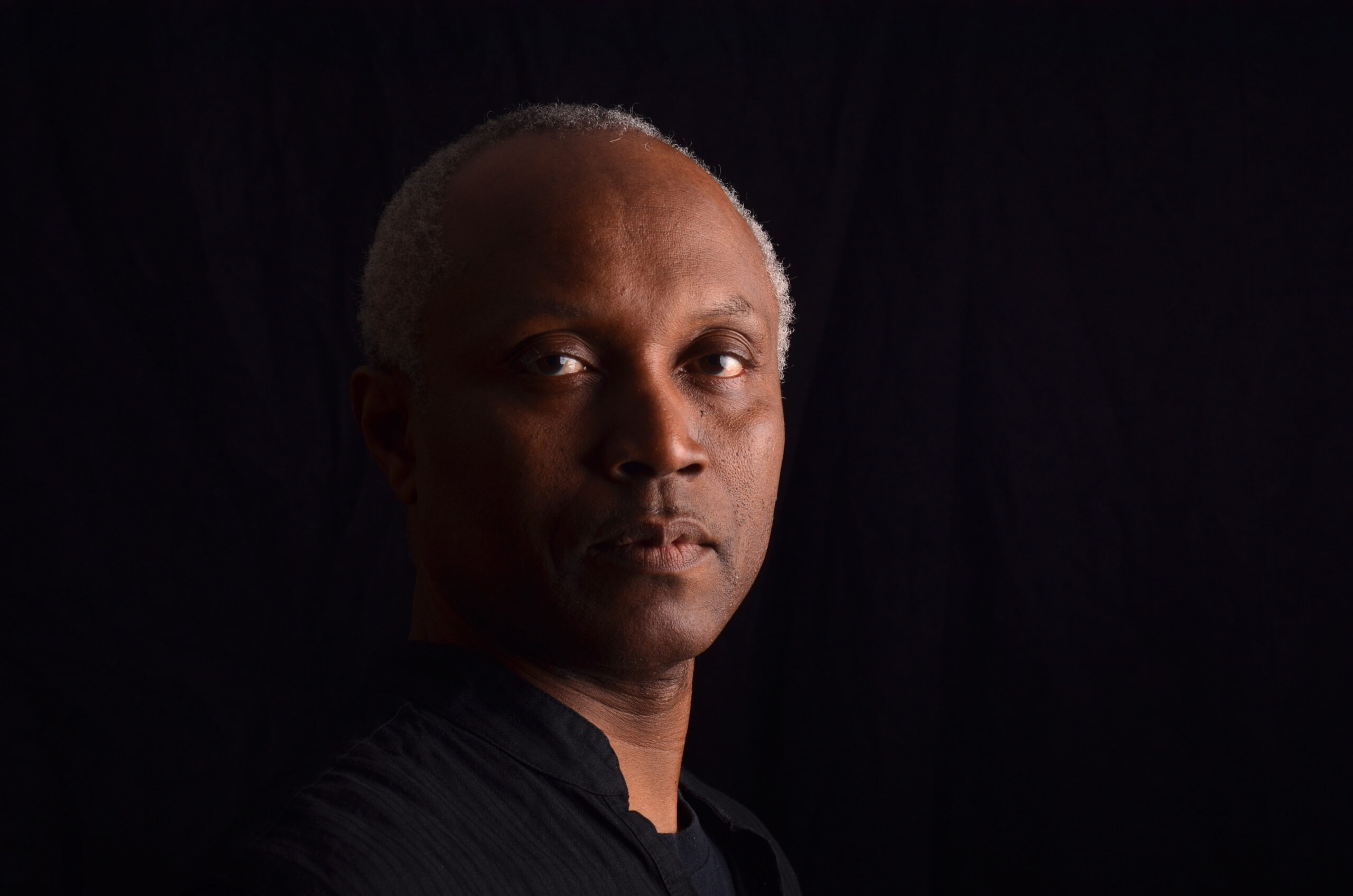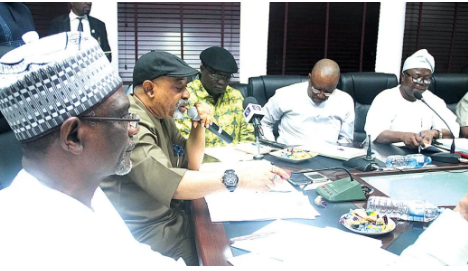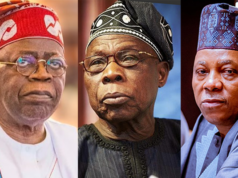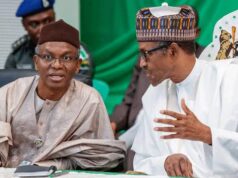
By Okey Ndibe
On February 14 this year—Valentine’s Day, if you’ve forgotten—the Academic Staff Union of Universities announced a dubious, if familiar, gift for their students. ASUU, which represents Nigeria’s university teachers, began a month-long “warning strike.” Their goal was to ginger the government into honoring agreements on university funding, remuneration, and university governance.
Within the month, the government and ASUU negotiated a couple of times. Since those negotiations hardly bridged the differences, ASUU declared that their members would go on an additional two-month “warning strike.”
I’m not concerned here with the legitimacy of the teachers’ demands. Nigeria has always been parsimonious in educational investment. By contrast, the country indulges the insatiable appetite of greedy, empty-headed politicians. It goes without saying: more resources ought to be put in Nigerian universities and other institutions of higher learning.
But there’s a profounder point that begs to be made. Nigerian education is in deep crisis. Indeed, like much else in the country, the educational sector is comatose. Yes, it answers to the name “educational,” but there’s little or no education in its mode, processes, and effects. It is plagued, if not paralyzed, by the same malaise that has wrecked jurisdiction after jurisdiction of Nigerian life.
Where else in the world would a group of teachers embark on a month-long “warning” strike? And then add two more months to the original “warning”? A warning strike should last no more than three days.
Were Nigeria a serious nation, representatives of the government would huddle with the striking teachers, day and night, until they reached an agreement to end the strike. Each side would have a sense of the monumental price that the nation must bear for every day that classes are suspended. They would make the interests of students paramount.
Instead, the strike is allowed to linger. Students are abandoned to their dawdling fate. The country is permitted to endure a calamitous diminishment of intellectual capital. Why?
One answer is that Nigeria long evolved into a pretend-polity, a caricature of a country. It is, to paraphrase Wole Soyinka, a space without national consciousness. In such a space, narrow self-interest is the going currency. Few people care how their actions affect the body politic. In this regard, the striking lecturers are in the same camp as their ostensible political antagonists. For both camps, the health of Nigeria’s educational enterprise is an afterthought.
If teachers understood the urgency and vitality of their calling, they would be reluctant to go on strike for three months—as a “warning,” a prelude to a potentially longer strike! Yet, this is routine territory for ASUU. In 2020, the union went on a nine-month strike. In 2017, they were out for thirty-six days. Two years earlier, they jilted their students for three months. In 2010 and 2013, ASUU members walked off for five and six months respectively.
For Nigerian students, such incessant strikes translate to crippling uncertainty and instability. It’s not unusual for students to spend six or more years to earn a degree or diploma that should be achieved in four years. The cost to individual students is nothing compared to the compounded cost to the nation.
University teachers’ quickness to down tools is matched by the government’s nonchalance. There’s no mystery there. Most top government officials ship their children and wards off to countries that prize education. With no vested interest in their country’s educational fortunes, it’s no wonder they seldom lift a finger to address the manifold crises bedeviling education in Nigeria.
The dispute between the government and ASUU is rooted in what and how to pay university teachers. Yet, even if Nigeria were to pour all its cash into education, that won’t revive the comatose sector. It requires far more than money.
What’s required is a thorough re-imagination of all levels of education. True, the disheartening collapse of education in Nigeria is far from a singular development. It is, instead, symptomatic of a broader coarsening of habits and devaluation of moral funds. Yet, no society can hope to sustain itself, much less soar, if it has no reliable way of producing citizens who combine learning and character.
On that score, Nigeria has been flirting with disaster for a rather long time. Sure, the country has many committed teachers, but there are just as many—perhaps more—whose dedication to the life of the mind is as paltry as their obsession with lucre is grand. I once wrote a column titled “Sexually Transmitted Degrees”. The essay discussed the scandal of students who trade their bodies for grades. A kindred practice, named “sorting,” involves students offering lecturers cash for grades.
I wrote then: “…there are many academics and students who don’t—and won’t—participate in this monumental self-debasement and degradation of education. Even so, there’s no question that those who take part, as lecturers or students, in this scandalous cheapening of education constitute a significant percentage.”
I wrote those words some eleven years ago. In the intervening period, the situation has become bleaker. It’s as if Nigeria had decided that cognitive and ethical ignorance was a pathway to development.
This is as good a time as any to take up a serious conversation about reshaping the country’s educational system. The government, ASUU, students, parents and other stakeholders should welcome this process. The alternative—business as usual—is ruinous and unthinkable.
—
amazon.com/author/storieswontforgivesilence
Okechukwu Ndibe, better known as Okey Ndibe, (born 1960) an acclaimed Nigerian novelist, political columnist and essayist was born in Yola, Nigeria. He is the author of Arrows of Rain and Foreign Gods, Inc.
Ndibe has worked as a professor at several colleges, including Connecticut College, Bard College at Simon’s Rock, Trinity College in Hartford, Connecticut, and Brown University.
We are honored that he brings his sharp intellectual depth and years of political activism to write for Life and Times.

Okechukwu Ndibe, better known as Okey Ndibe, (born 1960) an acclaimed Nigerian novelist, political columnist and essayist was born in Yola, Nigeria. He is the author of Arrows of Rain and Foreign Gods, Inc.
Ndibe has worked as a professor at several colleges, including Connecticut College, Bard College at Simon’s Rock, Trinity College in Hartford, Connecticut, and Brown University.
We are honored that he brings his sharp intellectual depth and years of political activism to write for Life and Times.







